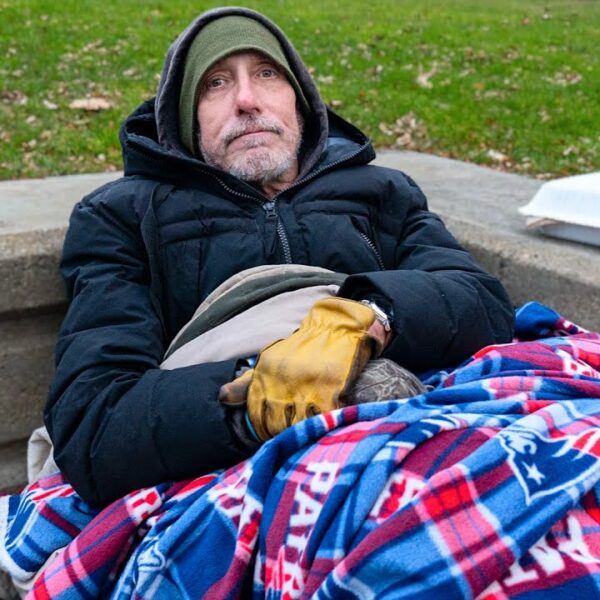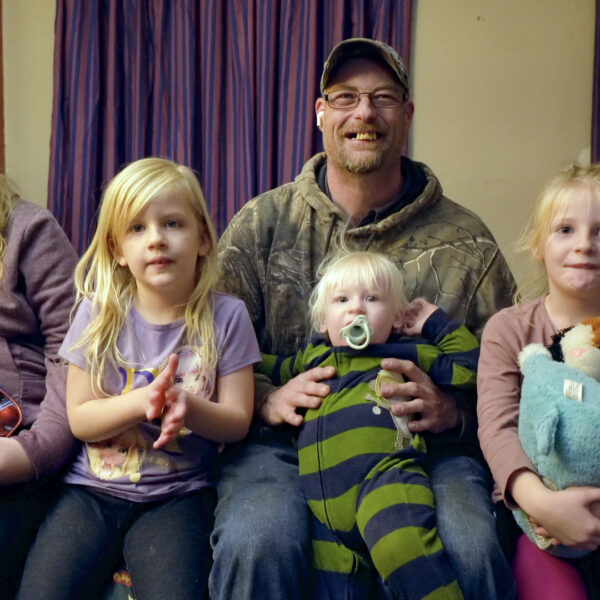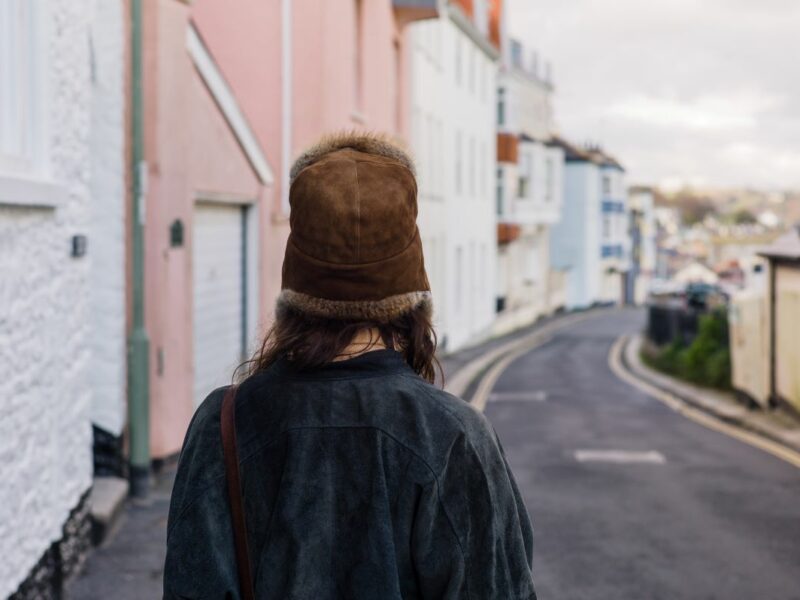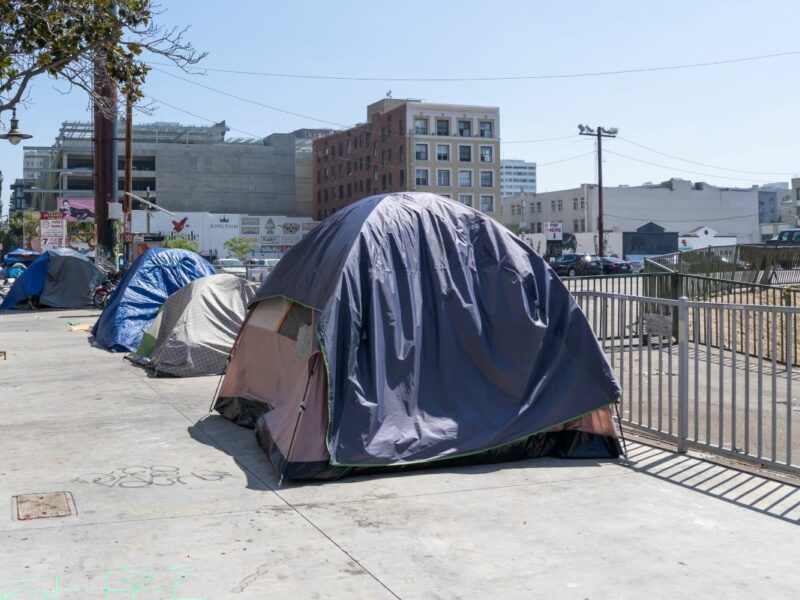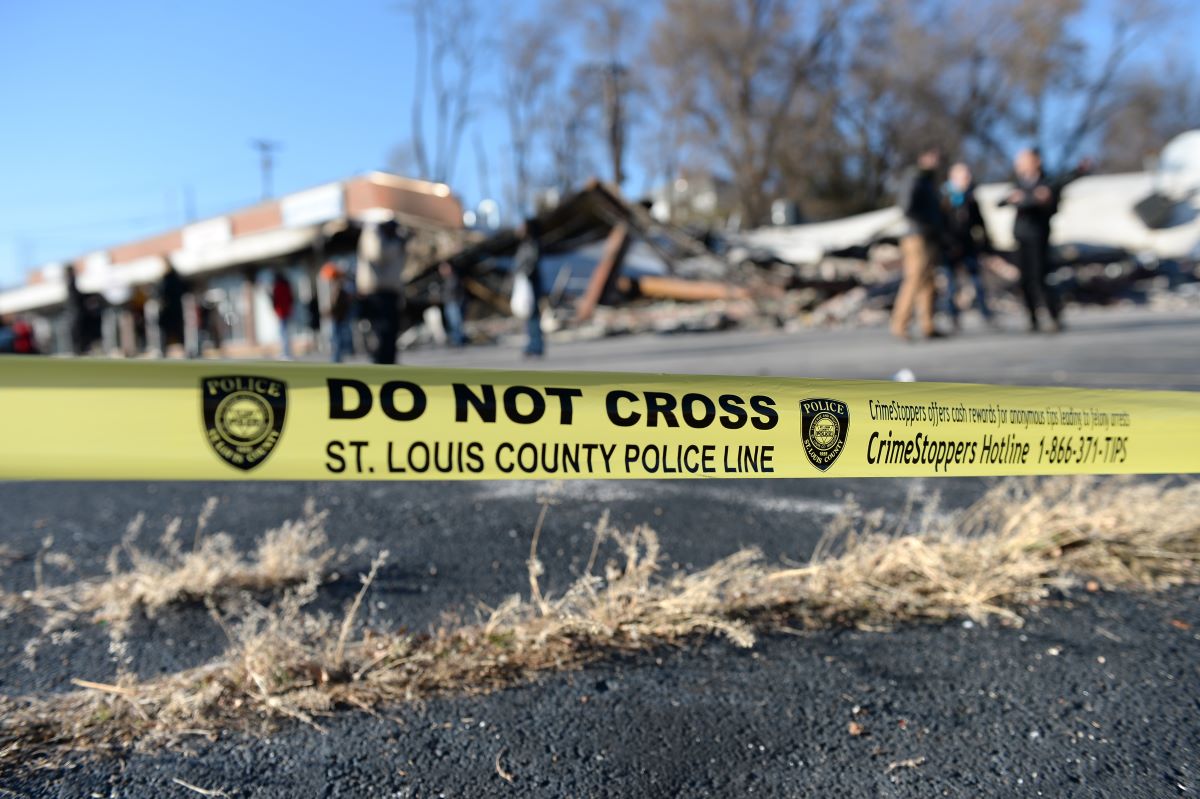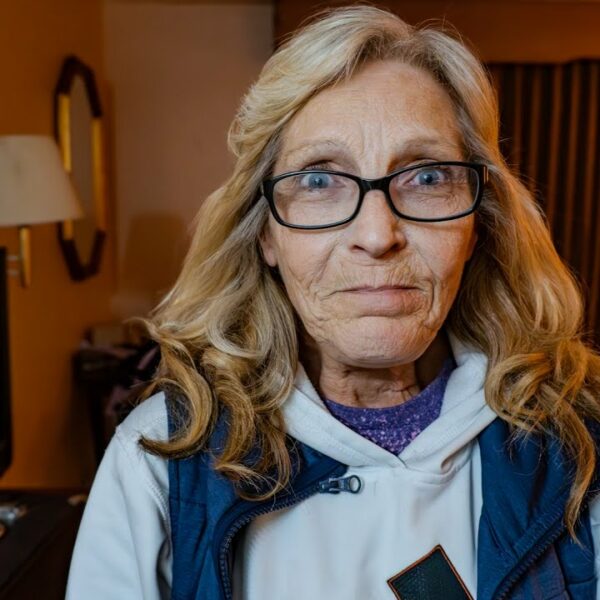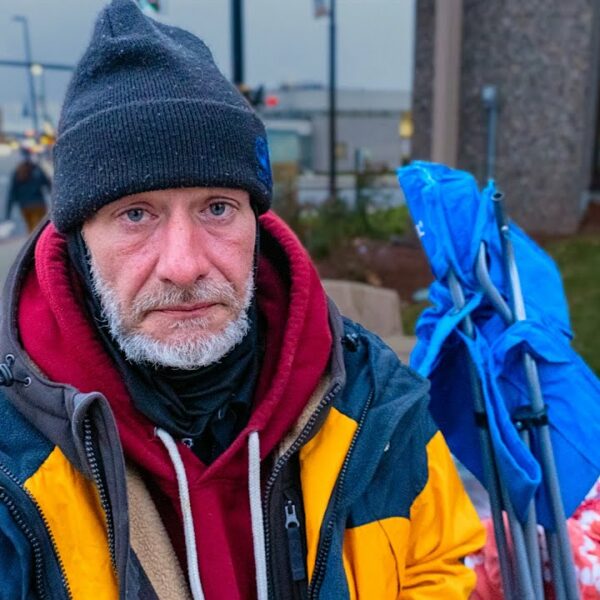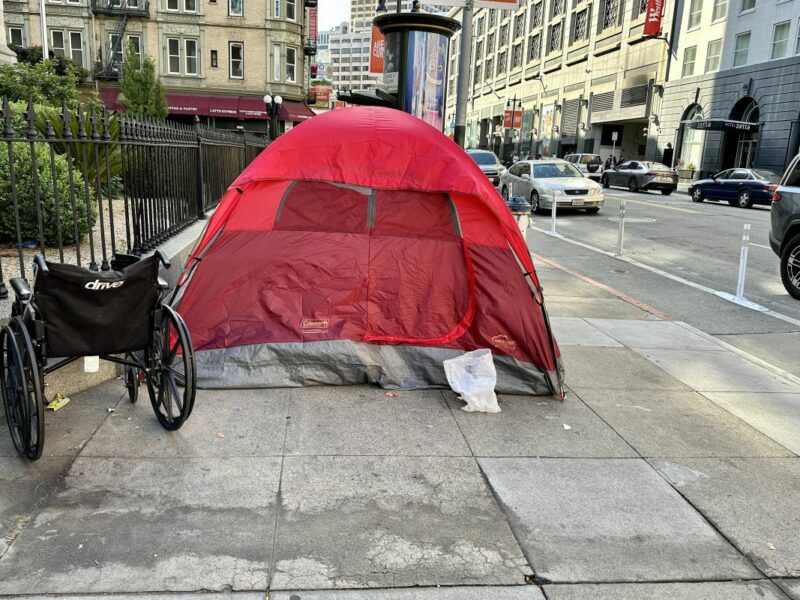Lawmakers in Missouri rushed to pass a bill before the end of the legislative session on May 13 that seeks to criminalize rural homelessness.
Senate Bill 1106 and its counterpart in the Missouri House of Representatives prohibits individuals from camping on state-owned land. People caught on these parcels can face a Class C misdemeanor charge, which carries a jail sentence of up to 15 days and a $750 fine.
It also authorizes the Missouri Attorney General to bring a civil case against a municipality for failing to enforce the bill’s provisions. Any municipality with a higher per capita incident rate of homelessness above the statewide average may also lose state funding for homeless services until the incident rate falls below the state average.
The bill was sent to Republican Governor Mike Parson’s desk on May 18 and is still awaiting his signature. Even so, some homeless service providers are concerned that the bill may create a flood of issues, especially in rural parts of the state where shelter can be limited to nonexistent.
“Our biggest questions are around how this will be implemented,” said Anthony D’Agostino, CEO of the nonprofit St. Patrick’s Center. “We always have questions and concerns whenever there are punitive measures in a bill.”
Pandemic Increased Homelessness
Homelessness has become a hotly debated topic across the country since the pandemic began. While some states have used federal relief funding to improve shelter conditions and build more affordable housing, others have taken the opposite approach. They have chosen to fund law enforcement programs aimed at reducing visible poverty.
For instance, Colorado lawmakers passed a $200 million spending bill during their legislative session designed to incentivize municipalities to add density and adopt inclusionary zoning. It also includes $95 million to build two homeless recovery campuses in the Denver metropolitan area.
The bill was signed as unsheltered homelessness in the Denver metro area continues to increase. According to the latest State of Homelessness report from the Metro Denver Homeless Initiative, a local continuum of care, more than 1,500 people sleep on Denver’s streets every night. That total has more than doubled over the last five years as well.
However, states like Texas and Missouri have implemented programs that seek to increase the enforcement of anti-homeless laws and ordinances.
Last year, Texas Gov. Gregg Abbott signed a bill to ban homeless encampments throughout the state. The bill came after Austin voters rejected a local ordinance seeking to do the same thing.
Abbott’s bill went above and beyond the Austin ordinance in that the statewide ban does not allow local jurisdictions to opt out of the bill. Cities that choose not to enforce the law could also see their funding decreased.
Many of the bills that seek to impose greater penalties against homeless people were crafted with the help of a nonprofit group called the Cicero Institute. The group was founded in 2016 by Joe Lonsdale, a billionaire co-founder of software company Palantir. It published a model, “Reducing Street Homelessness Act,” on its website, which mirrors the language of bills passed in traditionally Republican states like Georgia and Oklahoma.
Nine bills have been introduced in six states that use language from the Cicero Institute’s model bill so far this year.
“Advocates are alarmed that Cicero Institute is using its vast resources funding lobbyists in Georgia and elsewhere to pass bills that contradict proven best practices, disregard local needs, and do nothing to reduce chronic unsheltered homelessness,” said Mariel Risner Sivley, who leads the Georgia Supportive Housing Association.
One reason why housing advocates are alarmed at the pervasiveness of the Cicero Institute’s bill is that it only requires law enforcement officers to offer shelter options, even if none are practically available.
For example, the rural community of Bolivar, Missouri, does not have a homeless shelter. But, once Senate Bill 1106 is signed, the municipality could still be held financially responsible for not removing enough of its unsheltered homeless, even though they do not have shelter beds to offer in return.
“Unless additional support (both logistical and monetary) is given to small, rural communities for creating shelters and solutions, you just create a stick without a carrot – which is just abusive,” Micah Titterington said in written testimony submitted to a Missouri House of Representatives committee in March.
How You Can Help
The pandemic proved that we need to rethink housing in the U.S. It also showed that many programs designed to address homelessness are rooted in law enforcement rather than social services.
Contact your officials and representatives. Tell them you support revamping the way your city addresses homelessness. Handcuffs do not get anyone closer to stable housing. Instead, we need to focus on compassionate solutions, the first step to ending homelessness.



